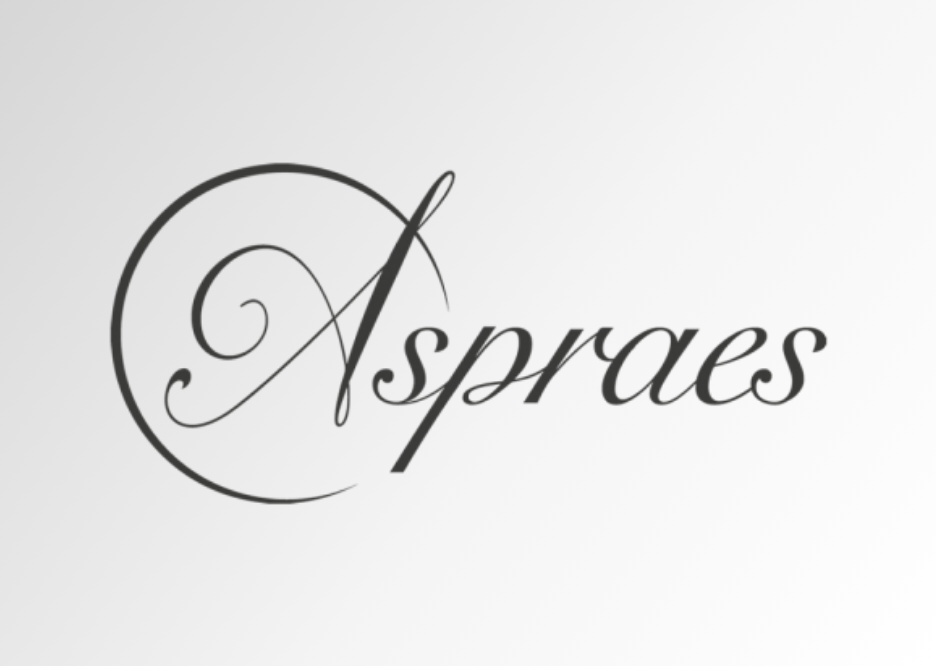This article explains how the basis period reform works, who it will affect, and what businesses can do to prepare for the changes. It also discusses the potential benefits and drawbacks of the reform.
What is basis period reform?
'Basis period reform' will change the way trading profits are allocated to tax years for income tax purposes. This change will affect self-employed individuals and partnerships whose accounting periods do not align with the tax year. The new system will be implemented from the 2024/25 tax year, with transitional rules applicable in 2023/24.
Current system vs. New system
Under the current system, self-employed individuals and partnerships prepare accounts to a fixed date each year, and profits are taxed in the tax year in which this accounting period ends. The period for which the accounts are made up therefore form what is known as the ‘basis period’ for the tax year. For instance, if a business has an accounting year end on 30 June, the profits for the year to 30 June 2022 will form the basis period on which tax for the 2022/23 tax year is calculated. However, from the 2024/25 tax year, these businesses will be taxed on a ‘tax-year basis’, meaning they will pay tax for the 2024/25 year on profits earned in that tax year.
How will basis period reform affect businesses?
HMRC’s statistics show that 93% of sole traders and 67% of businesses prepare accounts make up accounts that align with the tax year, which means that they prepare accounts to a date between 31 March and 5 April (the legislation treats these as aligned with the tax year end of 5 April). These businesses will be unaffected by the change.
However, businesses with different accounting dates will need to consider the impact the transition to the new rules will have on their business’ cashflow, and whether to change their accounting date to align with the tax year or have to apportion profits between two accounting periods which straddle the tax year.
Looking at the 2023/24 tax year, all affected businesses will be taxed on the profits for their accounting period ending in the tax year as well as their profits from the end of that accounting period up to 5 April 2024. As an example, businesses with an accounting period ending on 30 June will be taxed on profits for the accounting year ended 30 June 2023 (the standard period), plus profits arising during the period 1 July 2023 to 5 April 2024 (the transition period). This effectively means that they will be taxed on 21 months of profits instead of 12.
HMRC has recognised the unfairness in assessing more than 12 months of profit in one year and measures have been put in place to reduce the tax impact of the transitional year. Firstly, they will be able to offset any overlap relief brought forward from the profits of the transition period, and secondly, it will be possible for any remaining transition period profits to be spread over up to five years to reduce the impact. Initially spread evenly, it is possible for a trader to elect for an additional amount of the transition period profits to be treated as arising in a specific tax year, which may be beneficial in a year of lower profits or losses.
What about MTD ITSA?
The current basis period rules are an anomaly in our tax system, as all other income is taxable in the year of receipt. It is also inconsistent with the drive towards Making Tax Digital for Income Tax Self-Assessment (MTD ITSA), which commences for all businesses and landlords with a turnover over £50,000 from 6 April 2026.
Under MTD ITSA, businesses will be required to make quarterly returns of income and expenses to HMRC, in much the same way as VAT is accounted for now, followed by an end of tax year summary return. Therefore, basis period reform is a key component of MTD ITSA.
MTD ITSA will increase the administrative burden and associated costs on businesses, but basis period reform will at least simplify reporting requirements under MTD ITSA by aligning taxable profits with the tax year in which they are earned.
If you have any questions about the above, or would like more information specific to your circumstances, please enter your email address below and we will get in touch:
Related View All
















